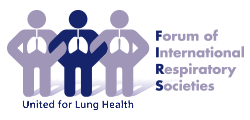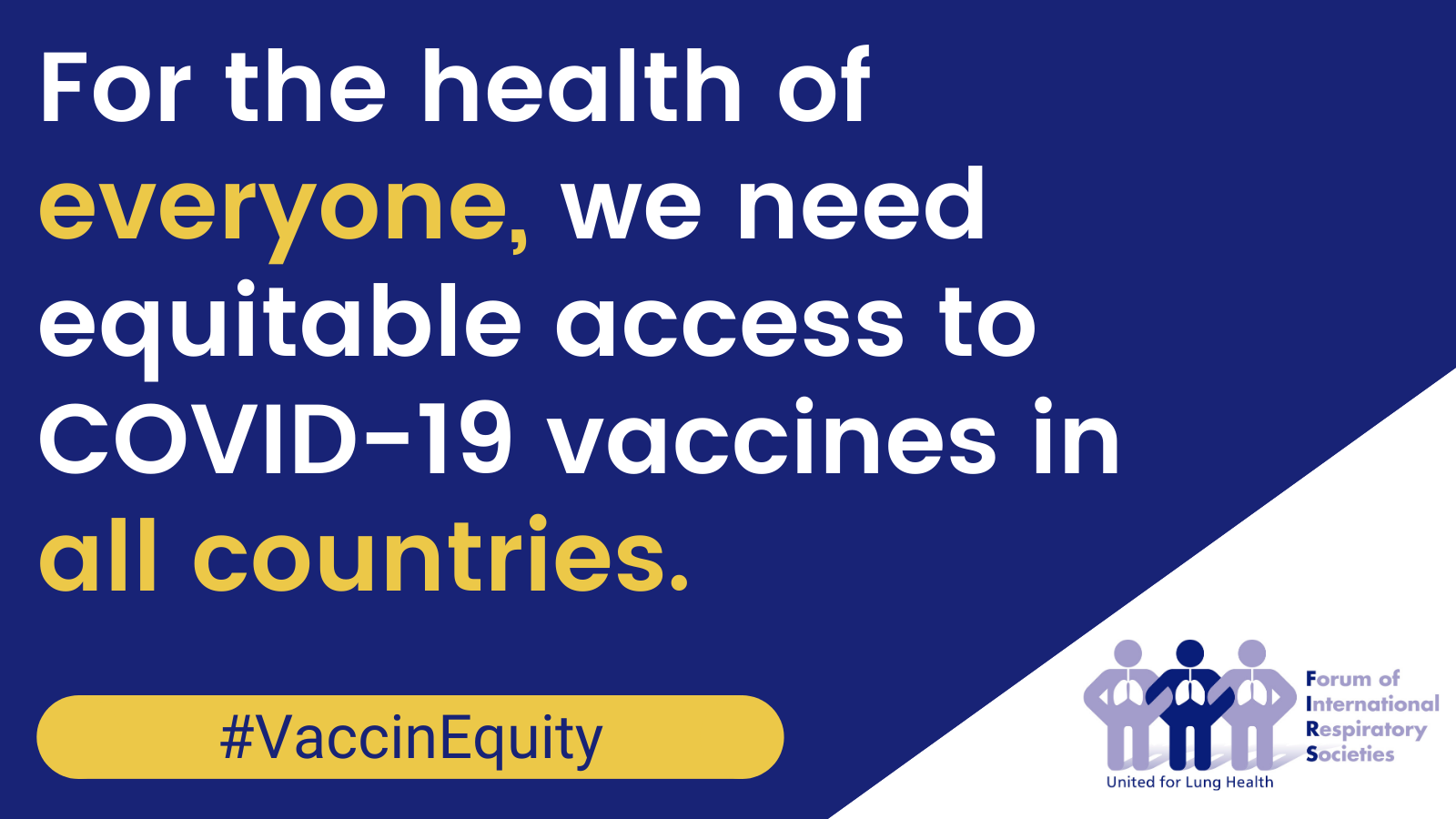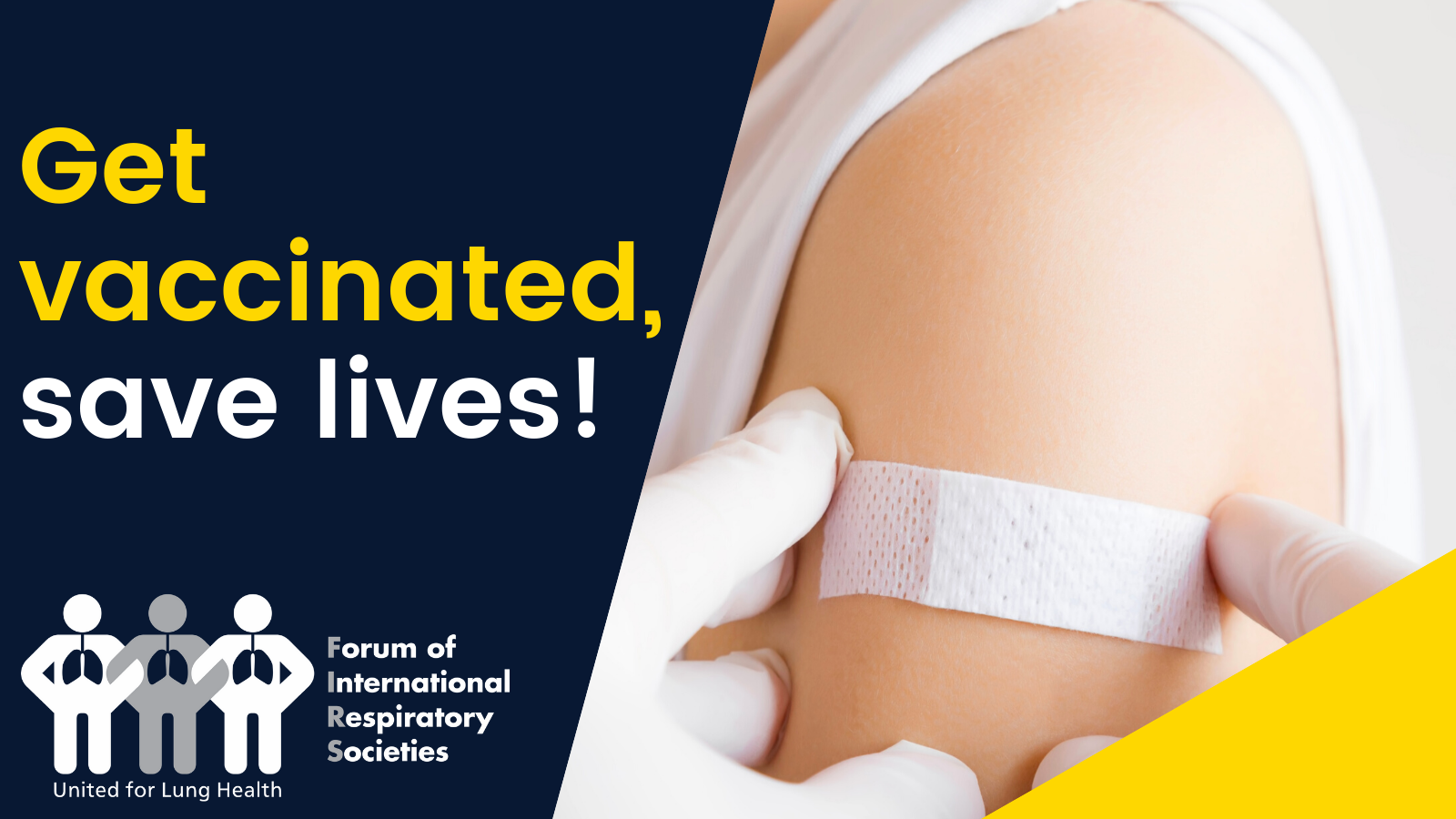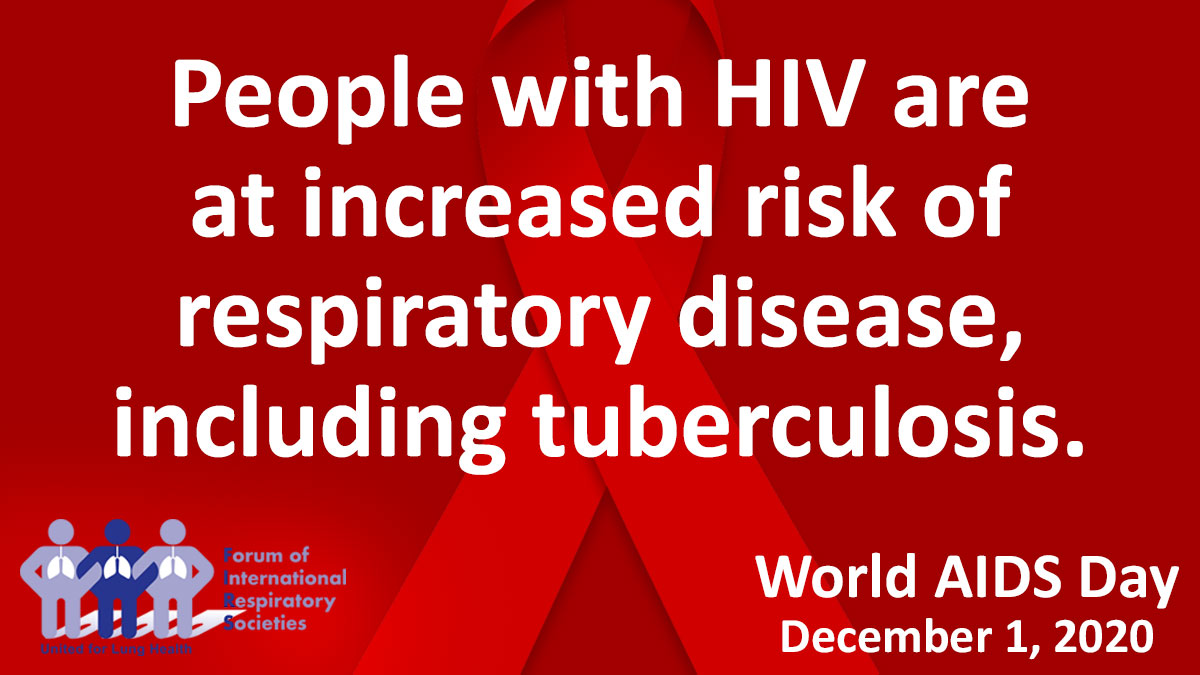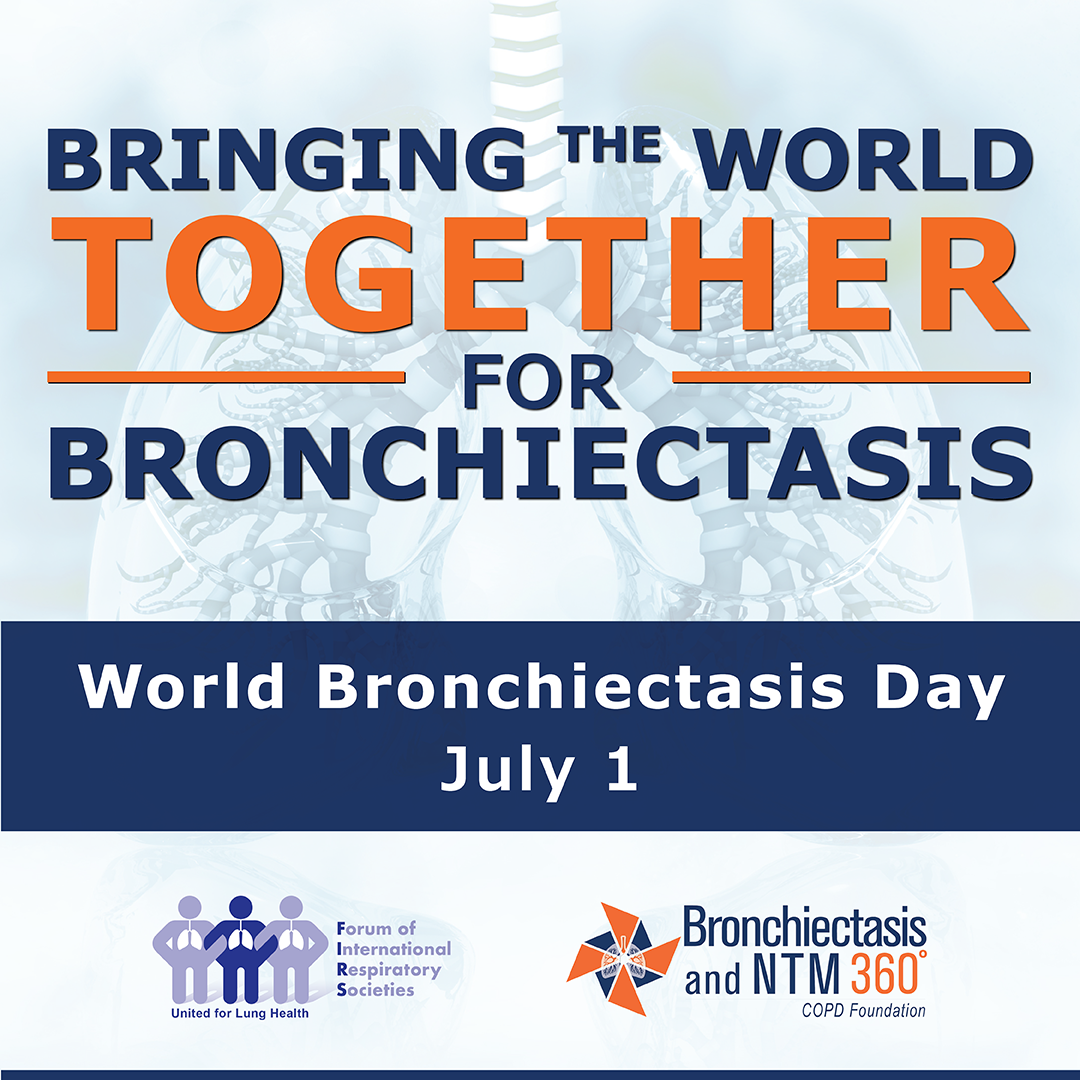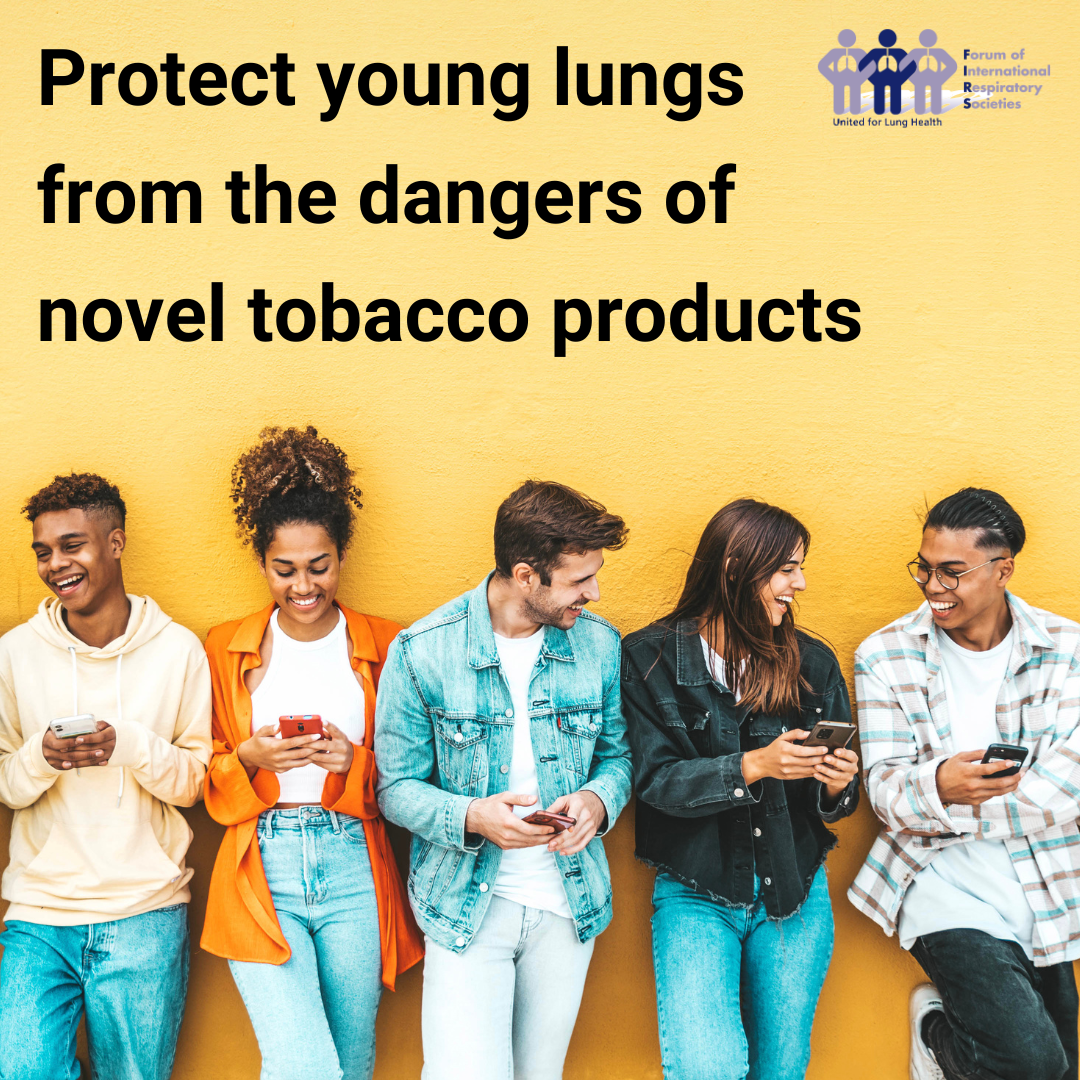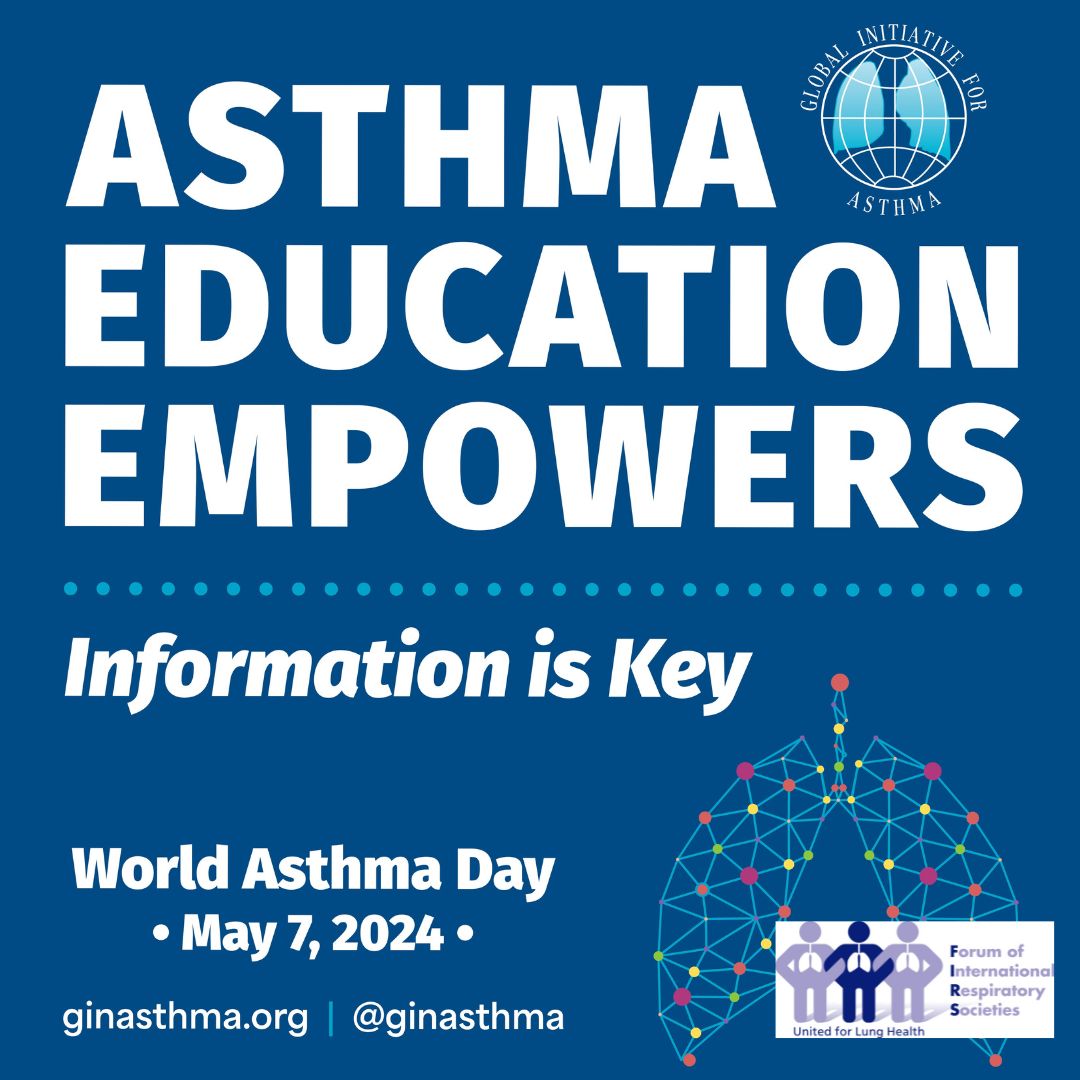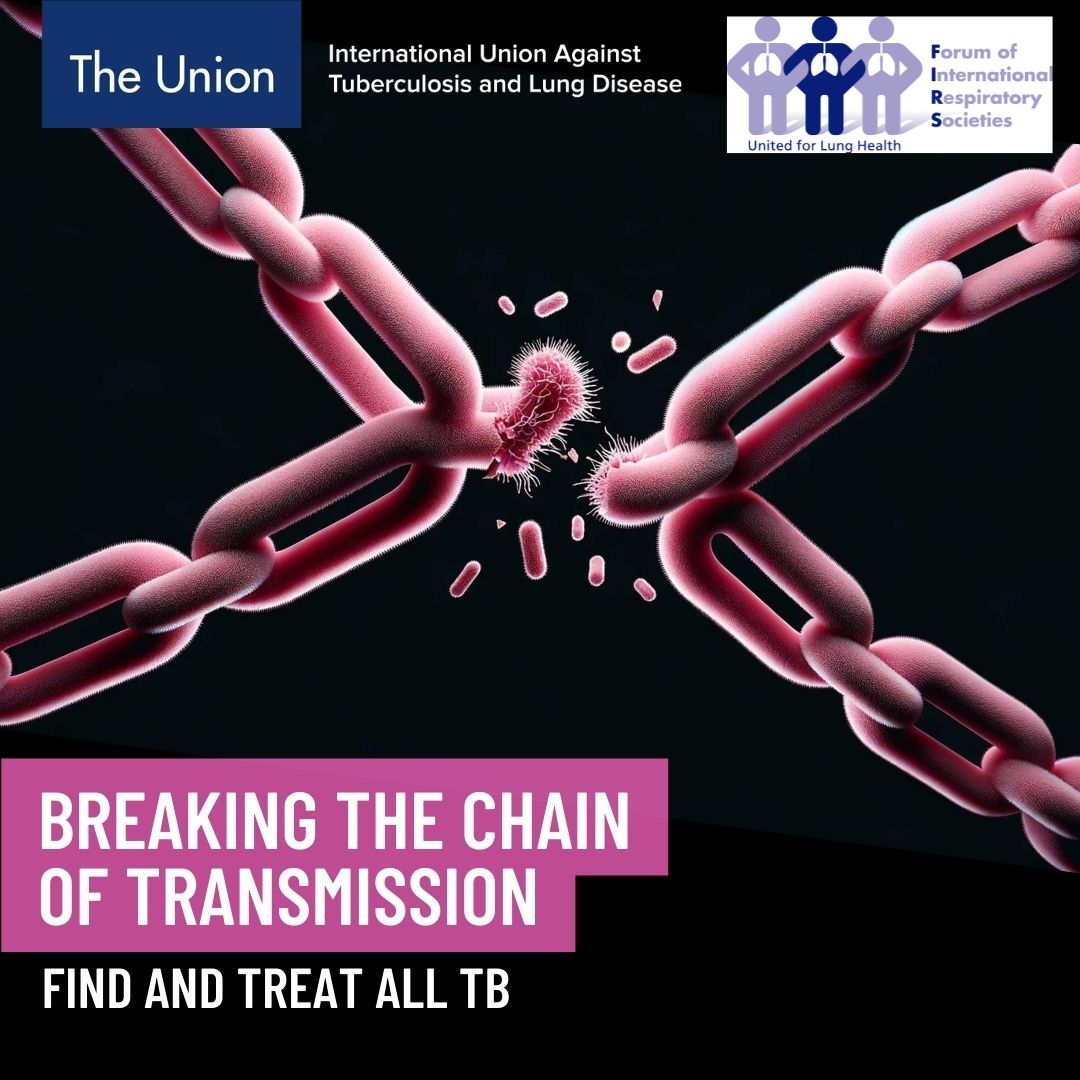VACCINE EQUITY AND ACCESS – A GLOBAL IMPERATIVE
Vaccines against COVID-19 are a key complimentary intervention to bring the pandemic under control globally. To overcome the pandemic and reduce inequities in global health, COVID-19 vaccines should be available in every country. For the health of everyone, equitable access to COVID-19 vaccines is urgently and quickly needed in all countries.
The speed of development of effective vaccines for COVID-19 has been unprecedented, with several now widely available and in use. COVID-19 vaccination is one of the most pressing global issues. Vaccines are being distributed in more than 85 countries, with cumulatively more than 200 million doses administered globally [1]. However, vaccination is predominantly occurring in high income settings while in many low- and middle-income countries, vaccination has not started or is occurring in very small numbers. For example, currently less than 0.2% of vaccination is occurring in Africa and Central America [1]. At current rates, widespread access to vaccination in African countries is only predicted to occur between April 2022 to 2023 [2].
Priority for vaccination should be given to health workers, followed by those who are most vulnerable to develop severe disease and those who are most exposed to infection. The elderly, those with diabetes, obesity, chronic lung or heart disease or immunosuppression should be prioritised after health care workers for vaccination. Other cadres of workers who may face high exposure such as those working in old age facilities, firemen, police, school teachers and border control personnel should also be prioritised for vaccination after health care workers.
Inequities in global access to vaccination have exposed and worsened large disparities between countries. Countries with the lowest rates of vaccination are also those with the most fragile health systems, lack of infrastructure for widespread vaccination programs, lack of access to oxygen and other lifesaving interventions and more economically disadvantaged populations. The COVAX facility was established by the World Health Organization, with the Global Alliance for Vaccines (GAVI) and the Coalition for Epidemic Preparedness Innovations (CEPI), to ensure global access to COVID-19 vaccines. However, COVAX has secured a supply of doses of approximately 20% of the population of the 190 participants’ economies (92 low and middle-income countries and 98 high-income countries) for the end of 2021; plans for additional doses to increase coverage by 2022 will depend on regulatory approvals, country readiness and infrastructure. Greater co-operation and collaboration between high-income countries, donor foundations, vaccine manufacturers and low and middle-income countries is needed to ensure access to vaccines on a not-for-profit basis, equitable distribution, and sustained programs to ensure vaccination.
VACCINE EFFICACY
To understand if a vaccine can combat infection from SARS-CoV2, the virus responsible for COVID-19, efficacy and safety have to be assessed under the most rigorous conditions in trials comparing them with placebo in ideal trial conditions and then followed in a real world scenario.
Efficacy (%) is often misunderstood. If a vaccine has 95% efficacy it does not imply that 95% of people who receive it won’t get COVID, and 5% will get sick. Rather it means that those in the vaccinated group compared to placebo group are 95% less likely to get COVID. As the vaccine efficacy is one of the few numbers to be quoted on vaccines, a further problem is that numbers for different vaccines are often directly compared, side by side. This is only helpful in a broad sense as all the trials are comprised of slightly different cross sections of people with differing proportions in different age groups and varied proportions with chronic health conditions, for example.
What is acceptable efficacy?
Regulatory authorities indicated that vaccines with an efficacy of 50% or more would be acceptable. By comparison influenza vaccine efficacy is around 40-60%, but is still considered to be beneficial. It turns out that the COVID-19 vaccines are much more efficacious with efficacy ranging from 50% to 95%. Phase 2 and 3 trials also tell us about side effects of the vaccine, so the true risk benefit can be judged.
What does vaccine effectiveness mean?
Once vaccines have received emergency use or conditional approval, they are rolled out into the community and their effectiveness is established by measuring real world disease rates in those who are vaccinated compared to those who have not been. So far, the COVID-19 vaccines are proving at least as effective or even higher in the community as the trial efficacy results suggest, which is excellent news.
Impact of vaccines on severity of COVID-19
Phase 3 trials have also examined the impact on severity of infection i.e., on those with mild, moderate and severe disease requiring hospitalisation and on deaths. Encouragingly, the vaccines seem more able to reduce severe than mild disease, which should reduce impact on health services. Vaccines consistently show a substantial reduction in severe disease and hospitalisations. Early data suggest transmissibility of the virus may also be reduced. We do not know yet the duration of protection provided by the vaccines, or whether they prevent re-infection or infection with variant viruses. As with the studies on long term side effects, this work will continue alongside simultaneous efforts to modify the vaccines to address the evolution of COVID-19.
Phase 2 studies looking at the immune response generated by the vaccine and some phase 3 trial results show almost equivalent efficacy in the elderly. Studies on subgroups with underlying chronic conditions and immunosuppressive disorders, plus use in during pregnancy and lactation are continuing, and trials have begun assessing efficacy in adolescents and children.
Can we rely on the results?
The question is often raised as to how is it that COVID-19 vaccines including some with highly novel technology such as the mRNA vaccines have been developed and tested within a year, when vaccine development has previously taken many years of even decades. Science has risen impressively to the challenge with its technological advances and global economic support allowed the rapid development but crucially no corners have been cut in the evaluation of these new vaccines. COVID-vaccine development has benefited from years of preceding work on other vaccines. Instead of the development stages being carried out sequentially over long periods of time, trials have been done in an overlapping or parallel way with mixed public/governmental, academic and private pharma initiatives covering the financial risk. Regulators such as Food and Drug Administration USA (FDA), European Medicines Agency (EMA), Medicines and Healthcare Products Regulatory Agency UK (MHRA) and many other national groups under the umbrella of the International Coalition of Medicines Regulatory Authorities (ICMRA) have acted together to carry out rolling reviews of trial data and also at many stages provided detailed and iterative feedback to optimise trial design. This has been a remarkable achievement and means the results can be trusted.
SAFETY OF COVID 19 VACCINES
After reviewing the available data of >200 million doses administered worldwide by 5 March, 2021[1], surveillance has identified few serious side effects and confirms the rigorous standards for safety, effectiveness, and manufacturing quality needed to support emergency use authorisation of the available vaccines.
Facts about the safety of COVID-19 vaccines [3]
- None of the vaccines will cause development of COVID-19 since they do not use the live virus.
- None of the vaccines enter the cell nucleus and therefore, do not modify our genetic composition.
- Vaccines won’t cause a positive viral test but will trigger an immune response that will test positive in antibody tests.
- To date, no death has been attributed to the vaccine administration.
- There is no evidence linking any vaccines to infertility.
- Specific populations in whom risk benefit of vaccination should be considered – these populations are at increased risk of severe COVID but there is limited data on vaccination
- Pregnant/breastfeeding women
- HIV/AIDS or other immunocompromised conditions
- Cancer patients during chemotherapy administration period
- Side effects are common but are usually mild and present in the 1-3 days after administration and resolve in 24-48 hours. Viral vector vaccines have less severe side effects and all vaccines have fewer side effects in the elderly. Side effects increase with the 2nd dose of vaccine, reflecting an immune response and are more severe with the second dose of the mRNA vaccines. All individuals should be monitored for 15-30 minutes after being vaccinated to evaluate the presence of any serious adverse effect.
- Local side effects: Pain, swelling and redness at the injection site.
- Systemic side effects: Fatigue and headache are the most common symptoms while fever, joint or muscle pain and diarrhea are less frequent.
- Severe adverse events: Rare and similar to other vaccines.
- Anaphylaxis: Occurs rarely (2-5 people per million vaccinated) with mRNA vaccines [4]. Severe allergic reactions with hives, swelling, palpitations, agitation and shortness of breath due to airway closer (wheezing). Usually present within 30 minutes of administration and all facilities administering the vaccines should be equipped with the necessary supplies and trained personnel. Those who develop anaphylaxis should not get the second dose of the same type of vaccine.
- Bell´s Palsy: Needs further studies to confirm causality.
- Transverse Myelitis: Needs further studies to confirm causality.
- For pain, fever or discomfort acetaminophen can be used. It is not recommended to take acetaminophen prior to getting the shot as a preventive measure.
Surveillance
In addition to expanding access to vaccines, work needs to be done to expand surveillance monitoring systems for vaccination programmes so that we have better data about who is getting vaccinated and who is not. Surveillance schemes are also designed to identify clusters of possible vaccine-related adverse effects eg. rare blood clots associated with low levels of platelets, and investigate these as rapidly as possible. As an example of this process the European Medicines Agency has concluded that benefits of the Astra Zeneca vaccine outweigh the risk of rare blood clots [5].
Vaccines in children
Most of the current available vaccines have only been approved for individuals over 18 years old, although the Pfizer/BioNTech vaccine is authorised for use in those 16 years and older. However, children can become seriously ill from COVID, so rapid expansion of the eligibility of this population is warranted. Trials are underway to assess the efficacy and safety of COVID vaccines in children and it is hoped that these results will soon become available.
References
[1] Our World in Data. Online: https://ourworldindata.org/covid-vaccinations.
[2] Economist Intelligence Unit, Jan 2021.
[3] https://www.cdc.gov/vaccines/covid-19/info-by-product/clinical-considerations.html.
[4] Shimabukuro TT, Cole M, Su JR. Reports of Anaphylaxis After Receipt of mRNA COVID-19 Vaccines in the US—December 14, 2020-January 18, 2021.JAMA. 2021;325(11):1101-1102. doi:10.1001/jama.2021.1967.
[5] European Medicines Agency https://www.ema.europa.eu/en/news/covid-19-vaccine-astrazeneca-benefits-still-outweigh-risks-despite-possible-link-rare-blood-clots.
FIRS COVIS-19 Vaccine Writing Team
Mark Cohen, Heather Zar, Anita Simonds and Robert Horsburgh.
About the Forum of International Respiratory Societies (FIRS)
The Forum of International Respiratory Societies (FIRS) is an organisation comprised of the world's leading international respiratory societies working together to improve lung health globally: American College of Chest Physicians (CHEST), American Thoracic Society (ATS), Asian Pacific Society of Respirology (APSR), Asociación Latino Americana De Tórax (ALAT), European Respiratory Society (ERS), International Union Against Tuberculosis and Lung Diseases (The Union), Pan African Thoracic Society (PATS), Global Initiative for Asthma (GINA), and the Global Initiative for Chronic Obstructive Lung Disease (GOLD).
The goal of FIRS is to unify and enhance efforts to improve lung health through the combined work of its more than 100,000 members globally.
For more information about FIRS please contact Lisa Roscoe This email address is being protected from spambots. You need JavaScript enabled to view it..
